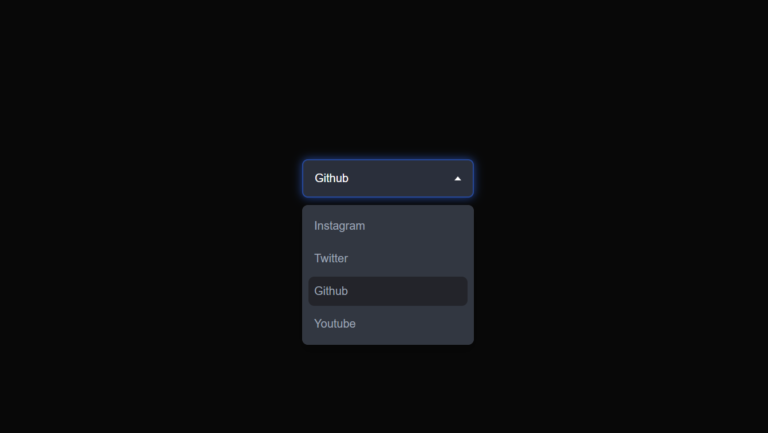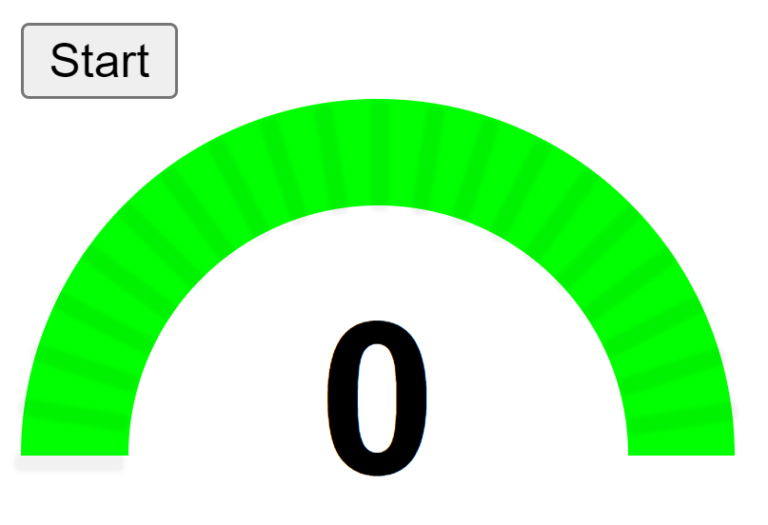
Hey there, amazing developers! Today, let’s dive into a friendly conversation between an enthusiastic interviewer and a confident interviewee, all set to explore the fascinating world of PHP. Whether you’re a seasoned developer or just starting your coding journey, these PHP questions might just be the game-changer in your next interview.
Interviewer: Good day, Vishnu! It’s fantastic to have you here. Are you ready to tackle some PHP questions?
Interviewee (Vishnu): Absolutely! Bring it on.
Q1. Interviewer: Let’s kick things off with a classic one. Vishnu, what do you think? What tag is used to invoke PHP to start interpreting program code?
Vishnu: Ah, the opening act! The tag we use to invoke PHP is <?php ?>.here’s a quick example:
<?php
echo "Hello, World!";
?>
2. Interviewer: Nicely done! Now, how about the shorthand version?
What is the short form of the tag above? Can you provide an example code?
Vishnu: The short form is <? ?>, and here’s a quick example:
<?php
echo "Hello, World!";
?>
// You can write it in the following way
<?
echo "Hello, World!";
?>3. Interviewer: Moving along, let’s talk about leaving notes in the code. What’s your take on comment tags?
Vishnu: Well, we’ve got two types: // for single-line comments and /* */ for multi-line comments.
4. Interviewer: Paying attention to details is crucial. What’s the key character at the end of each PHP statement?
Vishnu: The mighty semicolon ; is the one that wraps up every PHP statement.
5. Interviewer: Let’s talk about variables. What symbol do we use to introduce them?
Vishnu: The symbol is the dollar sign $. It’s the PHP way of saying, “Hey, this is a variable!”
6. Interviewer: Now, let’s dig into the essence of programming. Vishnu, enlighten us about variables.
Vishnu: A variable is like a container that holds data. It can store various types of information, and users can manipulate, update, or retrieve values from these containers to perform different tasks in their programs.
7. Interviewer: Alright, Vishnu, let’s unravel the mysteries. Here’s the first one: What is the difference between $variable = 1 and $variable == 1?
Vishnu: Ah, the classic assignment versus equality check! $variable = 1 is an assignment statement, meaning we’re giving the variable the value of 1. On the other hand, $variable == 1 is a comparison, checking if the variable is equal to 1. It’s a crucial distinction!
8. Interviewer: Spot on! Now, how about this one: Why can we use an underscore in variable names, like $current_user, but not a hyphen, like $current-user?
Vishnu: Great question! PHP interprets hyphens as subtraction operators, so using them in variable names might lead to unexpected results. Underscores, however, are totally cool in variable names, making them more readable and avoiding any confusion with operators.
9. Interviewer: Excellent insight! Moving forward: Are variable names case-sensitive?
Vishnu: Yes, they are! PHP treats $myVar and $myvar as two different variables. It’s crucial to be mindful of letter case when working with variables.
10. Interviewer: Good to know! And our last stop on this variable journey: Can you use spaces in variable names?
Vishnu: No, spaces are a big no-no in variable names. Instead, you can use underscores to enhance readability. So, $my_variable is a go, but $my variable will throw an error.
11. Interviewer: Vishnu, let’s start with a conversion challenge. How do you convert one variable type to another, let’s say, a string to a number?
Vishnu: Ah, the type juggling magic! PHP offers functions like intval(), floatval(), or simply casting the variable to the desired type. For instance:
$stringVar = "42";
$numberVar = intval($stringVar);12. Interviewer: Great! Now, the classic increment dilemma: What’s the difference between ++$j and $j++?
Vishnu: Excellent question! $j++ is the post-increment, meaning the current value is used, and then it’s incremented. On the other hand, ++$j is pre-increment, where the value is incremented first and then used.
13. Interviewer: Got it! Now, a quick operator check: Are the operators && and and interchangeable?
Vishnu: Not quite! && has a higher precedence than and, so they’re not entirely interchangeable. While && is often preferred for boolean operations, and has its place in certain situations.
14. Interviewer: Good to know! Lastly, let’s talk about multiline echo or assignment. How can you achieve that?
Vishnu: For multiline echo or assignment, you can use a combination of concatenation or the line continuation character \. Here’s an example:
$multilineVar = "This is a multiline string. " . "It continues on the next line.";Or using the line continuation character:
$multilineVar = "This is a multiline string. \ It continues on the next line.";15. Interviewer: That’s a handy trick! Thanks for sharing, Can you redefine a constant?
Vishnu: Ah, constants are like the North Star of your code – steady and unchanging. Once you’ve defined a constant using define(), you can’t redefine it. It’s a one-time declaration, and any attempt to redefine will result in an error.
16. Interviewer: Clear and concise! Now, onto a common challenge: How do you escape a quotation mark?
Vishnu: Escaping a quotation mark is a breeze. Simply use the backslash \ before the quote. For example:
$escapedString = "This is a quotation mark: \"";17. Interviewer: Perfect! Now, let’s explore the symphony of output: What is the difference between the echo and print commands?
Vishnu: Great question! Both echo and print are used to output data, but echo can take multiple parameters, and it’s slightly faster. On the other hand, print can only take one argument and always returns 1, making it more suitable for simple outputs.
18. Interviewer: Awesome breakdown! Finally, the heart of many programs: What is the purpose of functions?
Vishnu: Functions are like the building blocks of code architecture. They encapsulate a set of instructions, making the code modular, reusable, and easier to maintain. They allow you to organize your code logically and execute specific tasks with just a function call.
19. Interviewer: Beautifully explained! let’s start with a global perspective: How can you make a variable accessible to all parts of a PHP program?
Vishnu: Ah, the concept of global variables! To make a variable accessible everywhere, you can use the global keyword. For example:
$globalVar = "I'm global!";
function accessGlobalVar() {
global $globalVar;
echo $globalVar;
}
20. Interviewer: Nicely explained! Now, let’s talk about data generated within functions. What are a couple of ways to convey that data to the rest of the program?
Vishnu: Excellent question! You can convey data from a function using the return statement or by passing variables by reference. With return, you send a specific value back to the caller, while passing by reference allows you to modify the original variable directly. Here’s a quick example:
function generateData() {
// Using return
return "Data from function";
}
function modifyData(&$data) {
// Modifying the original variable
$data = "Modified data";
}
// Example usage
$result = generateData();
modifyData($result);
echo $result; // Output: Modified data
21.Interviewer: Brilliant insights! Lastly, let’s unravel the mystery of combining a string with a number. What happens when we mix these two?
Vishnu: Ah, the PHP fusion dance! When you combine a string with a number using the . (concatenation) operator, PHP converts the number to a string and concatenates them. For example:
$string = "Hello";
$number = 42;
$result = $string . $number;
echo $result; // Output: Hello42
Interviewer: Perfectly explained!Any parting words for our coding enthusiasts?
Vishnu: Keep the passion burning, fellow developers! Embrace the beauty of clean code, explore the depths of PHP, and remember, every challenge is an opportunity to learn. If you have more questions or need guidance, feel free to reach out. Until our next coding rendezvous, happy coding!






